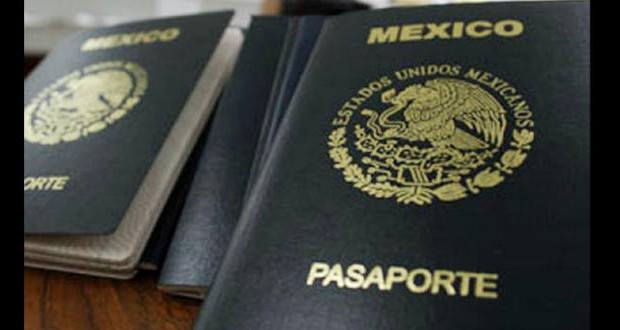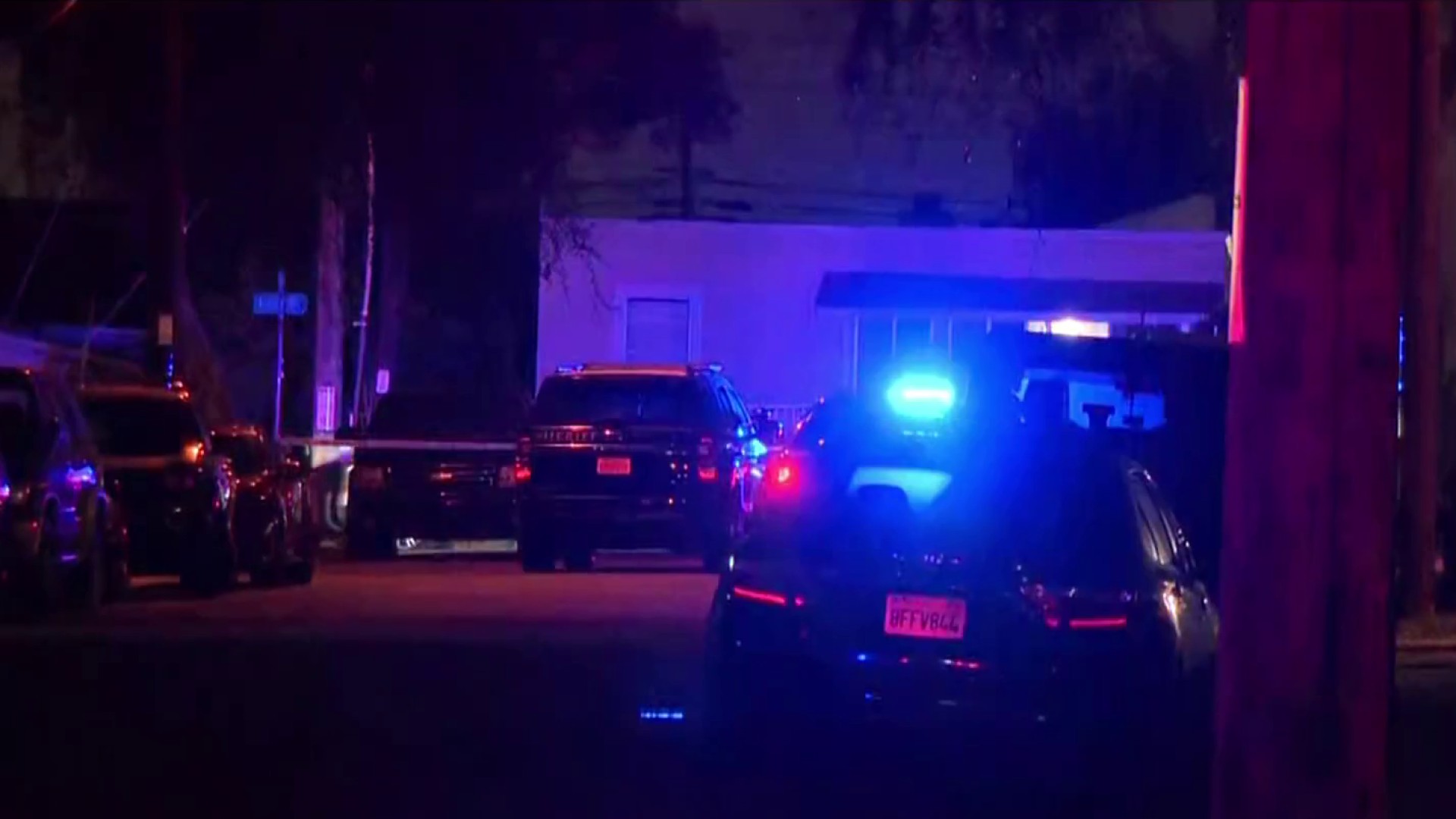A man who was stabbed in a hate crime at a Carlsbad homeless shelter in December is sharing his story of surviving that attack, as he calls for accountability and more empathy for those experiencing homelessness.
Cassius Hope said he arrived in San Diego in January 2023, in search of a fresh start and a change of scenery from his life in Georgia. He found himself living at La Posada de Guadalupe, a homeless shelter in Carlsbad.
By August, he said he landed a job at Legoland, where his favorite part was making children smile.
“You get to build relationships with the kids because this is their first time coming to the park most times, and you want to make it as memorable as possible, and they instill that in us, just to make sure that all the kids have fun and they want to come back,” Hope said. “So I always make sure they have the best experience possible when they come to my ride.”
Get top local stories in San Diego delivered to you every morning. Sign up for NBC San Diego's News Headlines newsletter.
In December, Hope said he was in his bed at the shelter when another resident — one he had never interacted with before — started saying racial slurs.
“He says like, he was going to kill all the N-words. And if they weren't with him, then they were against him. And then he came to assault me,” Hope recalled.
The man repeatedly stabbed Hope in the stomach, back, face and hand.
Local
“I'm surprised I survived, to be honest. I didn't think I would, like laying in that gurney, whatever was on the back of that ambulance. It was horrible,” he said.
“It's hard to speak about it, though, because just every time I talk about it, I can see what happened,” he continued. “I can literally envision that night every time I talk about it. Every time I look at the scar in the mirror, I see that night. I see his eyes, and you just don't understand how evil his eyes were, when he was just staring at me, stabbing. He wanted to kill me.”
The 52-year-old man who attacked Hope pleaded guilty to attempted murder. In May, he was sentenced to nine years in prison.
Hope said he now lives with the pain of that attack every moment of every day.
“It's been terrible because I can't really do any of the things that I wanted to,” he said. “I can't work. I can't do anything for myself as far as, like, trying to get money to be sustainable. I can't go into a shelter just because the PTSD of coexisting with other people is just crazy.”
Catholic Charities Diocese of San Diego, which runs La Posada de Guadalupe, said the attack marked the first time in the shelter’s 30-plus years that an incident like that had occurred.
“We acknowledge the hurt and anger the incident has caused not only to the victims but to all the residents at La Posada,” Catholic Charities said in a statement. “In response to this event, Catholic Charities has taken immediate and decisive action to ensure such an incident does not happen again.”
Some of those actions include a review of the organization’s policies and procedures, feedback on staffing, safety planning, trainings, as well as ongoing listening sessions with residents, among other efforts, Catholic Charities said.
“This incident serves as a stark reminder of the work still needed to combat racism and discrimination in all its forms,” the statement continues. “Catholic Charities' mission to provide support and shelter to the unhoused carries with it the responsibility to create an environment of safety, respect, and dignity for all. We cannot undo the hurt that has been caused, but we commit to learning from this incident and strengthening our resolve to be an organization where everyone feels valued, safe, and supported.”
Hope said he feels that more should have been done to prevent the attack from happening.
“I felt like it was weird that the shelter has that gated door to protect people from getting in, but not the people, protecting people that actually live inside that place because you don't know these people. Like the whole time, any time the lights go out, they could have done that in my sleep,” he said.
Hope said he’s terrified of returning to a shelter. Now unable to work and with few options, he’s back out on the street.
“It's tough because people look at you very cold-hearted, like you've done this to yourself to get here. And I didn't, I didn't put myself here,” Hope said. “It's just my PTSD and lack of trusting people right now put me here. I can't see myself trusting another shelter after what happened. I just wish people didn't look at homeless people as, like, lost souls.”
“This is someone's child, at the end of the day, that's homeless. Stop thinking of them as bad people,” he continued. “I didn’t ask to be out here.”
He said he wants nothing more than to rebuild his life and to return to the Legoland job he loved so much.
“I was just never happy as a kid, so I just want to make every kid happy as much as possible because you never know what their home life is like,” Hope said. “It’s like, once they get into this amusement park where everyone’s all smiles and they get to share a smile too, you want to make sure they keep that smile for as long as they can, even if it’s shortlived, even if they have to go back home to whatever they go home to. And this in that moment, they’re able to have a good time.”



